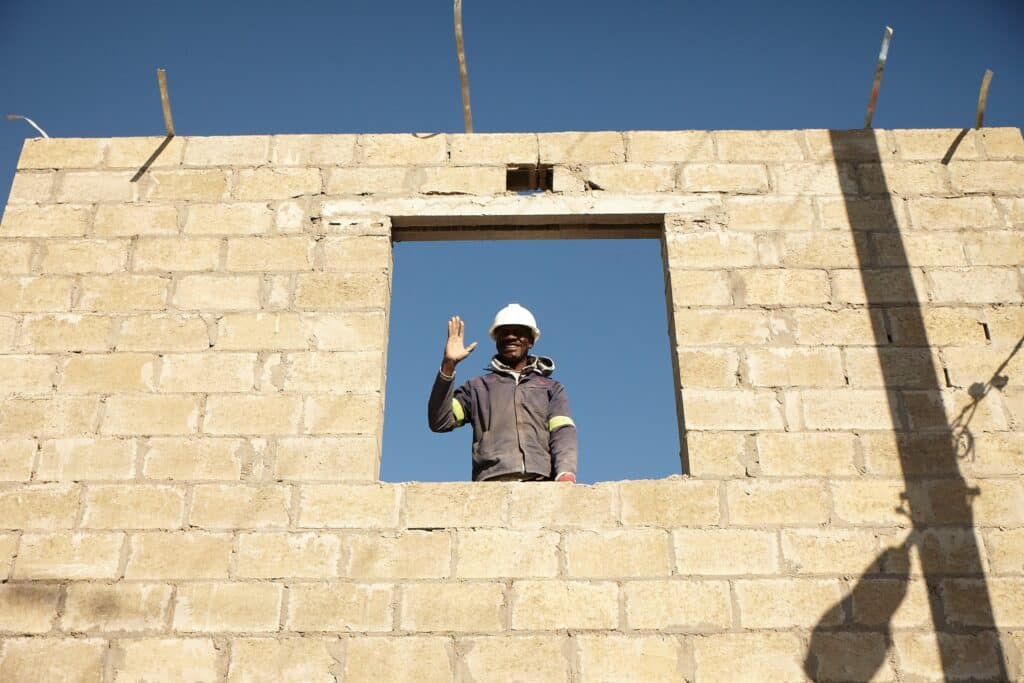 31 Jul 2020
31 Jul 2020
The rising urban middle class, increasingly localised construction materials industry and innovations in housing finance, including the emergence of Real Estate Investment Trusts and mortgage liquidity facilities, are seeing increasing interest in investment in housing across Africa.
However the lack of credible, updated data on breadth and nature of funding flows for infrastructure continues to create barriers for increased investment. This is particularly true for the housing sector as stimulating targeted investments requires highly differentiated data that unpacks market segmentation for varying household income levels.
By providing clear market intelligence that quantifies, tracks and analyses investment in underserved housing markets, we can support a better policy environment & increased private sector activity in affordable housing. Improved data can thus catalyse scale interventions.
In the current environment, there is little information on housing investment activities and trends in Africa. Specific information gaps include:
The Housing Investment Landscapes report series forms part of the Centre for Affordable Housing Finance’s Investor Programme which aims at plugging in some of the above-mentioned gaps, with the intention of identifying and championing increased investment in affordable housing across the African continent.
The overall goal of this project is to quantify the breadth of investment activity with respect to housing and housing finance across Africa and to establish a mechanism to track this on an ongoing basis. This project has collected data and highlights gaps and opportunities in the investment landscape in 26 countries to date, across all five sub-regions in Africa. The country and regional reports profile investors and investment instruments with the greatest impact on the housing finance market within Africa.
Access the reports here.
